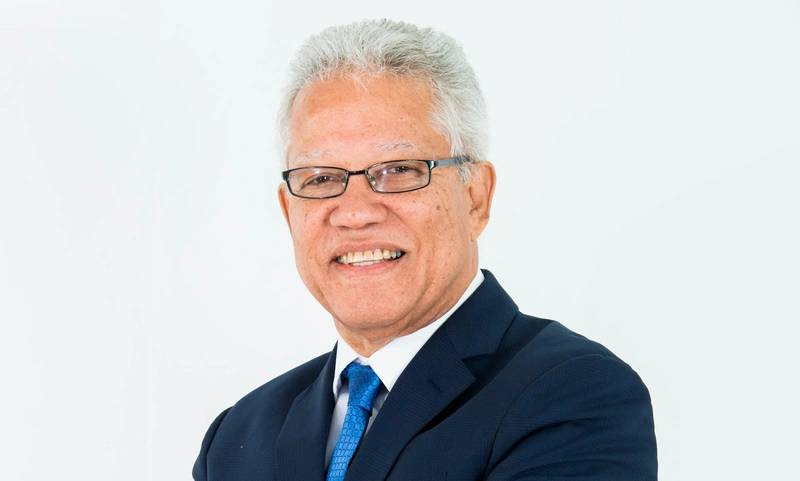Crew Change Hubs Could Help Address Seafarer Crisis, Says MAJ
A global network of crew change hubs would help alleviate the humanitarian crisis seafarers face at present, according to the Maritime Authority of Jamaica (MAJ).
They could offer a short-term solution to the barriers presented by global travel restrictions, ensuring vital crew changes could take place and facilitating trade and logistics to the benefit of the world economy, the Flag State advised.

Rear Admiral (ret’d) Peter Brady, MAJ Director General, explained, “In the Caribbean for example, several smaller States still have not reopened their borders, so no one is coming in and no one is going out. With a hub, seafarers would be able to move and to move more freely. Some natural crew change hubs already exist pre-COVID-19, by virtue of the concentration of shipping, and we suggest that more could be developed to deal with the current stagnation of crew travel in parts of the world. Whether they are then retained in the long term would be subject to global strategy and based on assessment by industry of their costs and benefits.”
There has been much uncertainty regarding the spread of the COVID-19 disease, coupled with a lack of information on the control of the pandemic, and this has increased the reluctance from States to open their borders. With urging from the International Maritime Organization (IMO) and other organizations responsible for the welfare of seafarers, and thanks to the development of international protocols, some States are slowly looking to reopen their borders.
Admiral Brady, a former chair of the IMO’s STCW Committee, stressed the importance of putting seafarer welfare at the forefront of international maritime efforts: “The pandemic has highlighted that seafarers are the backbone of the global supply chain and that crew retention is even more critical to the continuation of world trade. Crew retention can be tackled by more port State and flag State administrations taking stronger positions on ensuring that living and working conditions onboard ships meet the international standards, and by designating crew as essential workers with the attendant privileges.”
He added that a future challenge will be motivating seafarers to continue this career in light of the crises and hardships they have endured during the pandemic.
“The industry and individual companies must take steps to address crew retention by improving and increasing welfare benefits to seafarers onboard. Introduce benefits such as access to gymnasiums, to internet connections to enable crew to keep in touch with their families, and provide online counselling and opportunities for studying,” Admiral Brady recommended. “Access to a safe and efficient vaccine may also put ships’ crew at ease and provide some level of calm onboard. Seafarers will be less worried about the ills of the COVID-19 pandemic as they travel globally.”
In response to the pandemic, Flag States have needed to be agile and adapt their regulations and methods of operating, in order to keep shipping lines open and enable world trade to continue. In addition, they have put in place measures to support seafarers. In the case of Jamaica, where the circumstances warrant and there is mutual agreement between the owner and the seafarer the MAJ has not objected to the extension of Seafarer Employment Agreement (SEA) to facilitate continuity of trade. However, the MAJ encourages owners, as soon as is possible, to make the necessary arrangements for seafarers to be safely repatriated at the end of their SEA.
The Government also reopened its borders to enable controlled entry and transit of crew and has designated seafarers as essential workers under its 2020 Disaster Risk Management Order in June. Through the Maritime Authority of Jamaica, the country has implemented measures geared at supporting the repatriation of seafarers and crew changes in general. To date nearly 2,300 crew changes have been facilitated.
